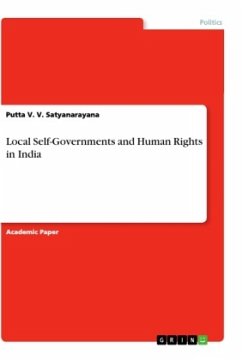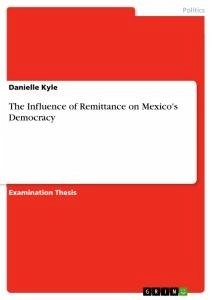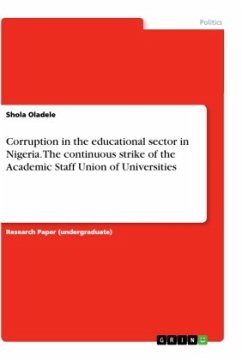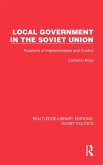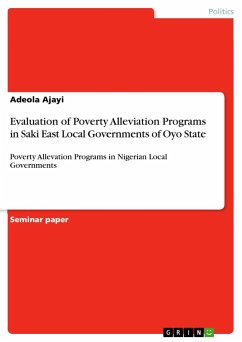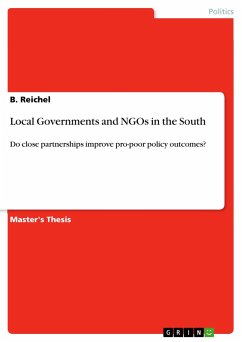Academic Paper from the year 2018 in the subject Politics - International Politics - Region: South Asia, grade: 2.8, , language: English, abstract: This paper argues that as isolation of villages is forever broken by inroads of media, technology and spatial mobility, the existing local government system will only help weave the village into the broader social fabric. This paper consists of three parts. Part one traces the origin and development of local self-governments in India and the significance of 73rd and 74th constitutional amendment acts. Part two consists of the features of local self-governments in India and the issues involved in it such as caste, economic factors and gender disparity. Part three analysis the interface of human rights and local self-governments and it is followed by a conclusion.The system of local self-government has taken a leap forward in guaranteeing a life of dignity and respect to the citizen at the local village level in India. In a formal sense, all the states in India have conformed to the constitutional requirement of ensuring the participation in the local self-governments to the hitherto excluded groups through the system of reservation.This institutionalisation of local self-governments since 1990s that has added greater momentum to the decentralisation process has also had some deeper implications for the human rights situation in India. Even as the democratic process has been extended, changes in traditional society have involved conflict. Therefore on the other side after India had taken bold steps to strengthen decentralisation and local self-governance system the human rights violations at all levels have not decreased.It is ironical that elections in India become an occasion for serious human rights violations. Although it happens even during elections to the states and parliament the violence is more in the local elections as the polling percentage is higher at this level. Further, violence has increased at the village levels as political power is the most important instrument that exists at the local level and everyone wants to wield it.
Hinweis: Dieser Artikel kann nur an eine deutsche Lieferadresse ausgeliefert werden.
Hinweis: Dieser Artikel kann nur an eine deutsche Lieferadresse ausgeliefert werden.

